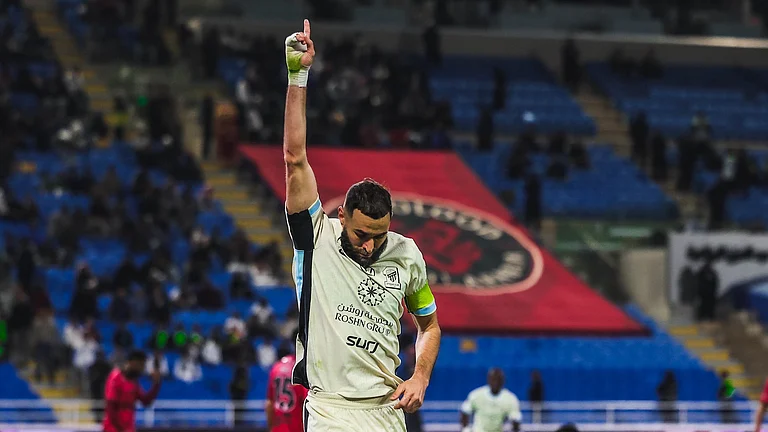Amita Malik's autobiography errs on the side of caution. Though it gets to grips immediately with the problems which middle class youngsters faced in the years leading up to Independence, it is more reluctant to display personal pain. Communal hatred plunged us into the holocaust of Partition. In this milieu, Amita married a Muslim whose family lived in Lahore and remained there. Her husband Iqbal Malik, resolutely secular, opted for India. Amita became a career woman which brought her into the limelight, while her husband in government service was required, according to the decorum of those days, to remain faceless. This raised tensions between them, especially because of the all-pervasive patriarchal system where the husband must needs be the dominant partner.
Amy and Iqbal's marriage lasted barely five years. Iqbal started to have prolific affairs, so she decided to leave and live separately. I find her account self-effacing to a fault. Though some things come through incidentally, there's no mention of the fact that whenever he was unwell he'd turn up to be looked after and leave the moment he was well. It was she who took him to hospital the last time and visited him daily. It was in her house that his body lay till the cremation. It's against this backdrop of emotional turbulence that her work as a professional journalist and film critic took shape.
Amita deserves a place among the historians of Indian broadcasting and her book is full of anecdotes. She tells the story of how Iqbal and an engineer were sent to Karachi to record the ceremony of handing over of power by Lord Mountbatten to Mr Jinnah on Pakistan's Independence Day. There being no radio station in Karachi the recording was to be transmitted to the Lahore radio station for broadcast. Despite every effort on the part of the Pakistani pro to stop him, Iqbal smuggled his way into the Constituent Assembly with the help of Col. Campbell Johnson, and the broadcast went off as planned. It wasAIR's first gesture of goodwill to its still unborn counterpart, Radio Pakistan. This incident is not recorded anywhere else, including my own volumes on Indian broadcasting.
In Amita's autobiography you'll meet everybody who's anybody. They range from Nehru to whom she played hostess at the Press Club, to Indira Gandhi, whom she interviewed as PM; from MacDonald the British high commissioner and the birds in his garden, to Han Suyin of Love Is A Many Splendoured Thing. Among film stars, it's Devika Rani who's most lovingly portrayed. Then come the Indian and British editors she worked for.
I found none missing amongst the Indian editors. From Frank Moraes down to even Sunil Sethi (who started as her secretary and is now a rising star in the media). Of the British editors it's James Cowley of the Statesman who features most prominently (probably as he gave her her first job, the weekly column Listening Post, the first of its kind in India). It was Cowley who set her on the path to becoming India's leading film critic. Those were heady days for radio, TV and film. The National Programmes had started under the inspiring direction of Narayana Menon; Indian films were creating a stir internationally with directors such as Satyajit Ray, Mrinal Sen and Ritwik Ghatak. It would have been fascinating if Amita had looked back over the years and traced the patterns and politics of a nascent media, and projected her hopes of things to come in the future, but she does not quite do this. Still, this is a brave book.


























